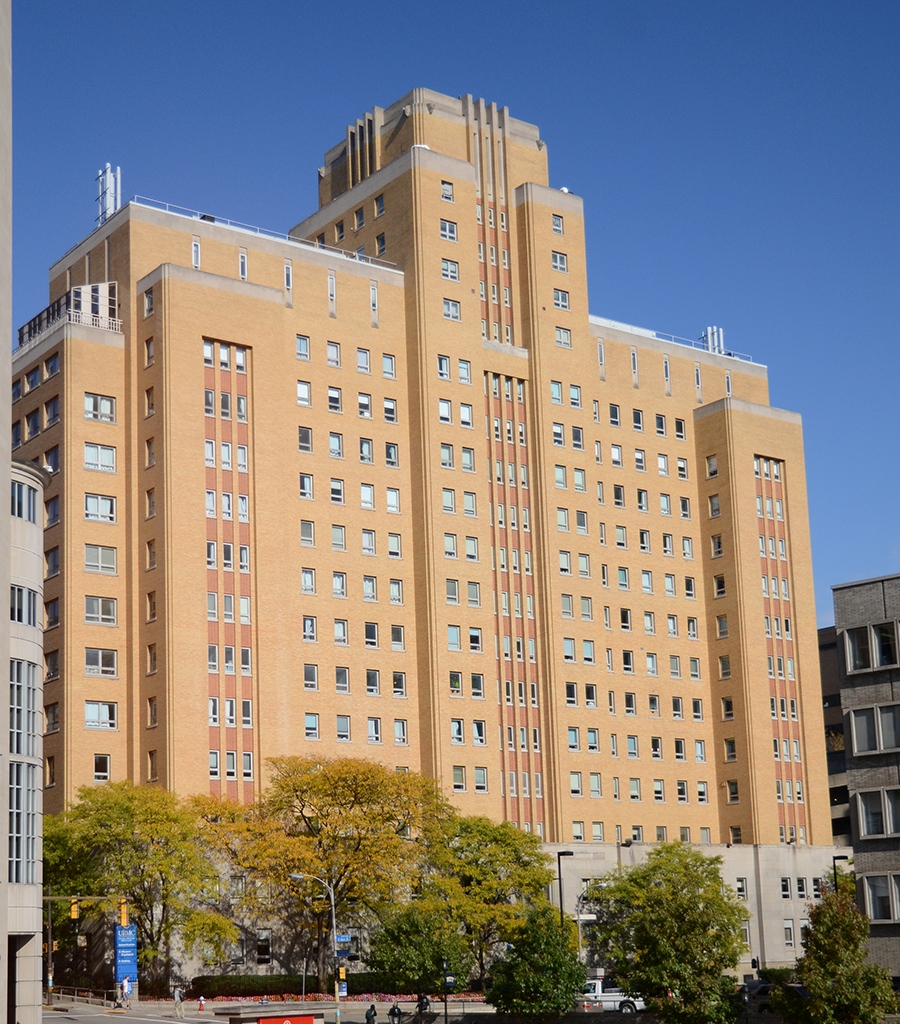Thirty-eight percent of high school students report having used marijuana in their life according to the U.S. Centers for Disease Control and there is evidence that marijuana use can have permanent effects on the developing brain when use begins in adolescence, especially with regular or heavy use. Dr. Duncan Clark, a nationally recognized expert on adolescent substance use disorders, will address cannabis use in adolescents at this Clinical Grand Rounds.
 Dr. Clark’s 30 years of experience conducting multidisciplinary research on adolescent and young adult substance use disorders provide the foundation for his research program, clinical activities and teaching. Dr. Clark is the Pittsburgh site PI for Adolescent Brain and Cognitive Development (ABCD; visit the study website by clicking here), a 21-site study of child health and brain development with over 11,000 participants funded by eight NIH institutes. He serves as Chair of the ABCD Bioethics and Medical Oversight group. Dr. Clark is also the PI of a five-site ABCD substudy on the development and consequences of criminal behavior funded by the National Institute of Justice and Centers for Disease Control and Prevention. Dr. Clark is Associate Director and the Pittsburgh site PI for the National Consortium on Adolescent Neurodevelopment and Alcohol (NCANDA: ncanda.org), a 5-site study on the effects of alcohol on adolescent brain and cognitive development funded by NIAAA. His research program has included numerous studies on adolescent cannabis use risks, consequences and treatment. In UPMC Addiction Medicine Services, Dr. Clark provides psychiatric care for adolescents and young adults through our Center for Psychiatric and Chemical Dependency Services.
Dr. Clark’s 30 years of experience conducting multidisciplinary research on adolescent and young adult substance use disorders provide the foundation for his research program, clinical activities and teaching. Dr. Clark is the Pittsburgh site PI for Adolescent Brain and Cognitive Development (ABCD; visit the study website by clicking here), a 21-site study of child health and brain development with over 11,000 participants funded by eight NIH institutes. He serves as Chair of the ABCD Bioethics and Medical Oversight group. Dr. Clark is also the PI of a five-site ABCD substudy on the development and consequences of criminal behavior funded by the National Institute of Justice and Centers for Disease Control and Prevention. Dr. Clark is Associate Director and the Pittsburgh site PI for the National Consortium on Adolescent Neurodevelopment and Alcohol (NCANDA: ncanda.org), a 5-site study on the effects of alcohol on adolescent brain and cognitive development funded by NIAAA. His research program has included numerous studies on adolescent cannabis use risks, consequences and treatment. In UPMC Addiction Medicine Services, Dr. Clark provides psychiatric care for adolescents and young adults through our Center for Psychiatric and Chemical Dependency Services.
Learning Objectives. At the conclusion of this rounds, participants will be able to:
Understand screening and assessment for cannabis use disorder.
Describe the cognitive and affective effects of cannabis intoxication and withdrawal.
Discuss intervention options, including psychosocial and pharmacotherapy approaches.
The entirety of this program will be a lecture by the speaker(s). All individuals able to control the content of this educational activity are required to disclose all relevant financial relationships with any proprietary entity producing, marketing, re-selling, or distributing health care goods or services, used on, or consumed by, patients. Registration is not required for this event. This event is free and there will be no refunds. The University of Pittsburgh is an affirmative action, equal opportunity institution.
Location. UPMC Western Psychiatric Hospital Auditorium.
For More Information. Please contact Frances Patrick (Telephone: 412-246-6787; Email: patrickfm@upmc.edu)
Continuing Education Credit: The University of Pittsburgh School of Medicine is accredited by the Accreditation Council for Continuing Medical Education to provide continuing medical education for physicians. The University of Pittsburgh School of Medicine designates this educational activity for a maximum of 1.5 AMA PRA Category 1 CreditsTM. Each physician should only claim credit commensurate with the extent of their participation in the activity. Other health care professionals are awarded .15 continuing education units (CEUs), which are equal to 1.5 contact hours. In accordance with Accreditation Council for Continuing Medical Education requirements on disclosure, information about relationships of presenters with commercial interests (if any) will be included in materials which will be distributed at the time of the conference. WPIC is approved by the American Psychological Association to offer continuing education for psychologists. WPIC maintains responsibility for this program and its contents. This program is being offered for 1.5 continuing education credits.
The indicated number of clock hours of continuing education is provided through Western Psychiatric Institute and Clinic of UPMC’s Office of Educational Resources and Planning, a PA-approved provider of social work continuing education in accordance with all the applicable educational and professional standards of the Pennsylvania State Board of Social Workers, Marriage and Family Therapist. These clock hours satisfy requirements for LSW/LCSW, LPC and LMFT renewal. For more information, call (412) 204-9085.

